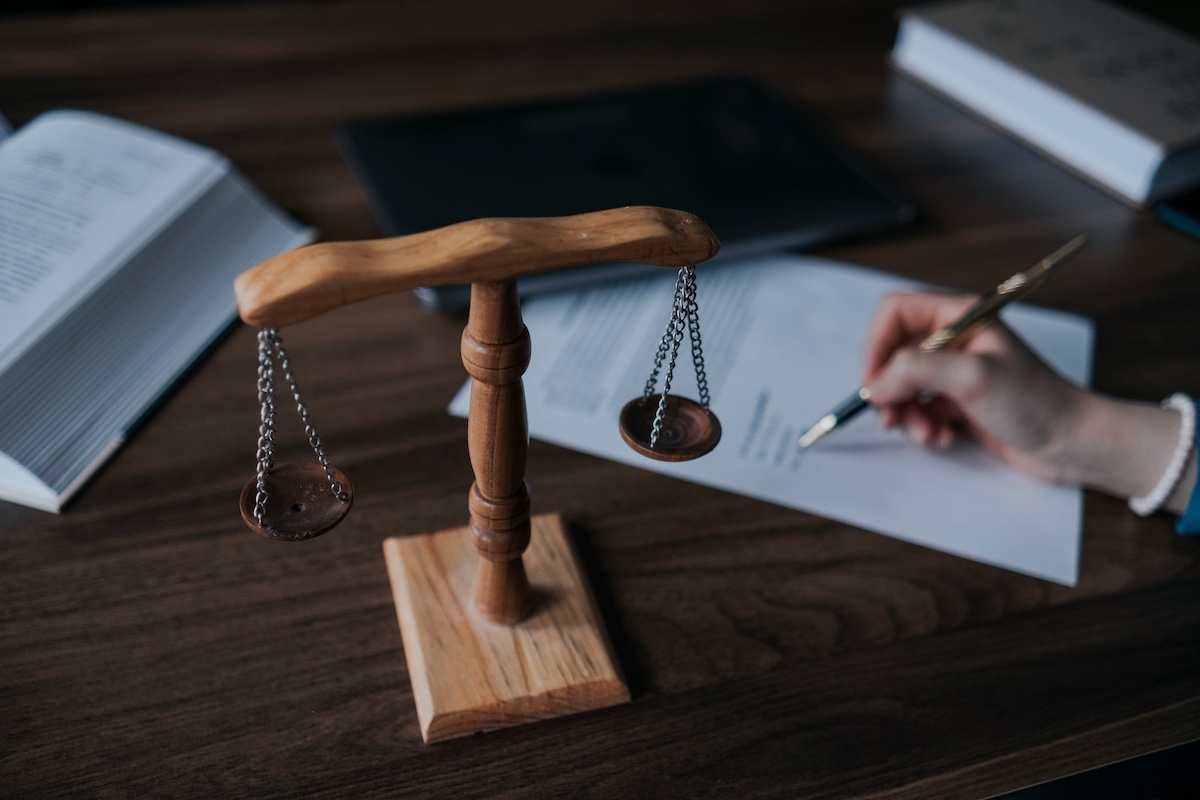Unlike what you might assume from crime shows on TV, not every criminal case begins with an arrest. In some cases, the first step is actually a hearing before a clerk magistrate, where the accused has a critical opportunity to resolve accusations before a formal criminal charge is filed. Often referred to as a “show cause” hearing, the process is initiated by the police or an individual citizen, who fills out an application asking the court to issue a criminal complaint. The hearing gives the accused an opportunity to prevent a complaint from issuing and thus avoid a criminal charge.
What is a Clerk Magistrate—or Show Cause—Hearing?
In this preliminary legal proceeding in Massachusetts, a clerk magistrate, not a judge, evaluates whether enough evidence exists to issue a criminal complaint. When a misdemeanor complaint application is filed in the District Court, Massachusetts statute M.G.L. Ch. 218, §35A provides for a show cause hearing at which the accused is afforded “an opportunity to be heard personally or by counsel in opposition to the issuance of any process.”
Typically, these hearings involve charges such as larceny, assault and battery, motor vehicle offenses, or leaving the scene of an accident. In addition to giving the accused a chance to avoid a criminal charge, the hearing enables the clerk magistrate to screen a variety of minor criminal matters out of the criminal justice system.
What Happens During the Show Cause Hearing?
The hearing is generally not held in a courtroom. More often it takes place in a small meeting room or online. The accused has the right to be represented by an attorney, the right to testify, to bring any evidence that he or she believes is relevant, and to bring witnesses to testify. If a police department filed the application, then an officer will testify about the facts of the case, usually by reading the police report to the magistrate. If a private citizen filed the application, that person must appear to testify at the hearing.
The rules of criminal procedure and evidence are less stringent than those that apply in front of a judge at a trial. Evidence that would likely be excluded from a criminal case before a judge, such as hearsay, is allowed at the hearing. Once the clerk magistrate has heard evidence and arguments from each side, he or she will determine if there is probable cause that a crime was committed. However, probable cause is a very low standard. The complainant only needs to present a statement of accusation with a sufficient account of the elements of the crime and reasonably believable allegations for the clerk magistrate to issue a criminal complaint.
There are three possible outcomes:
- If the clerk magistrate believes that, not only does probable cause exist, but also that a case should proceed to court, he or she will issue a complaint charging the accused with a crime. A criminal case will be opened to begin at a later date at an arraignment. Once the case is scheduled for an arraignment, it becomes a matter of public record. However, an individual’s criminal record is only generated once the arraignment is held.
- If the clerk magistrate believes that there is no probable cause, she or he will dismiss the application for the complaint and no record is created of a criminal charge.
- The clerk magistrate may decide to “hold” or “keep open” the application. This means that the case will be held open for a set period of time, often six months or a year. If there are no further allegations against the accused during that period, or if certain conditions are met, such as paying restitution to a complainant or taking a safe driving course, then the case will be dismissed.
Do You Need a Lawyer at a Show Cause Hearing?
Although the process may seem informal, a show cause hearing is a crucial step in criminal proceedings. It is the one chance you have to avoid a criminal case before a formal charge becomes part of your permanent record. The goal at the hearing is to convince the clerk magistrate that there is either insufficient evidence of the likelihood that you committed a crime, or that there is another reason not to issue the complaint.
A criminal defense lawyer who understands the elements of the crimes at issue and how the evidence relates to those crimes, and who understands what arguments can persuade a clerk magistrate to screen out the case, can make the difference between a complaint issuing and a complaint being dismissed. A lawyer can also provide advice on the benefits or harm of the accused testifying at the hearing. Additionally, a lawyer may often be able to resolve the underlying issues directly with the complainant, which avoids the need for a criminal complaint to issue. These are all delicate conversations best handled by counsel, since anything the accused says can be used against him or her in the future.
Should you face a potential criminal complaint, our criminal defense attorneys at Mountain Dearborn can offer expert advice and representation. Please contact us here.
Image: Feyza Yildirim

